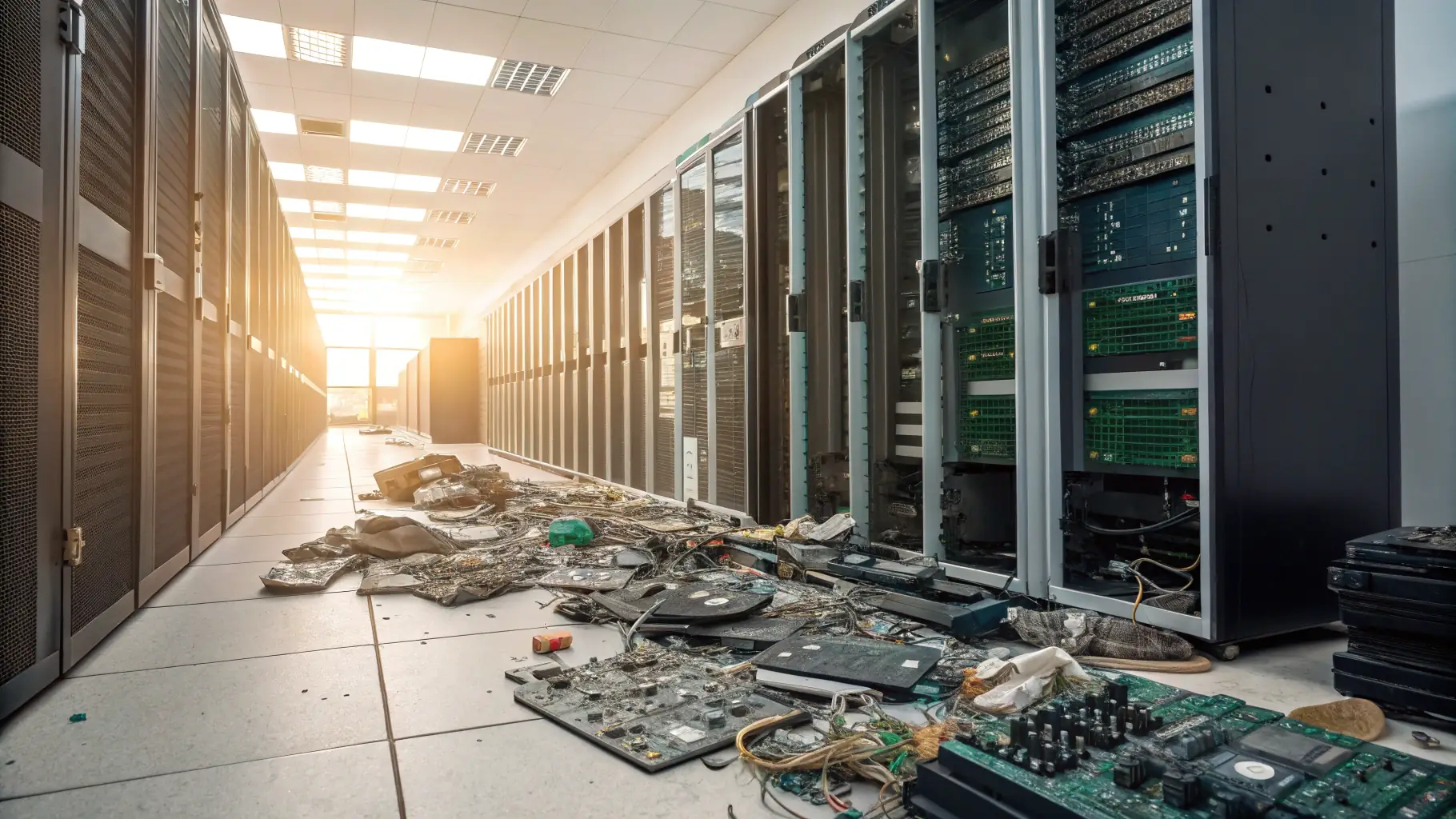The modern workplace is undergoing a significant transformation, driven by technological advancements and shifting societal expectations. The traditional 9-to-5 workday is becoming less common, replaced by more flexible and remote work arrangements. This shift requires businesses to adapt their strategies and embrace new technologies to remain competitive. Employees also need to develop new skills and adapt to the changing demands of the job market. Automation and artificial intelligence are playing an increasingly important role in the future of work. These technologies are automating many tasks, requiring employees to develop new skills and adapt to the changing demands of the job market. This shift requires a focus on upskilling and reskilling initiatives to ensure that employees have the necessary skills to thrive in the future of work. Businesses need to invest in training and development programs to help their employees adapt to these changes. The future of work is not just about technology; it’s also about culture and values. Companies that prioritize employee well-being, diversity, and inclusion will be better positioned to attract and retain top talent. A positive and supportive work environment is crucial for fostering innovation and productivity in the future of work. Companies that embrace these values will be better equipped to navigate the challenges and opportunities of the changing landscape.
The Importance of Cyber Security and Micro Network Segmentation in Corporate Businesses
In the current digital age, corporate businesses are inundated with sophisticated cyber threats, necessitating a



